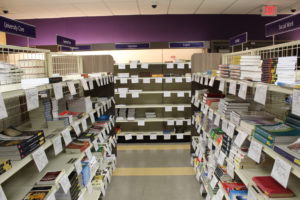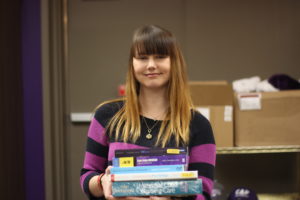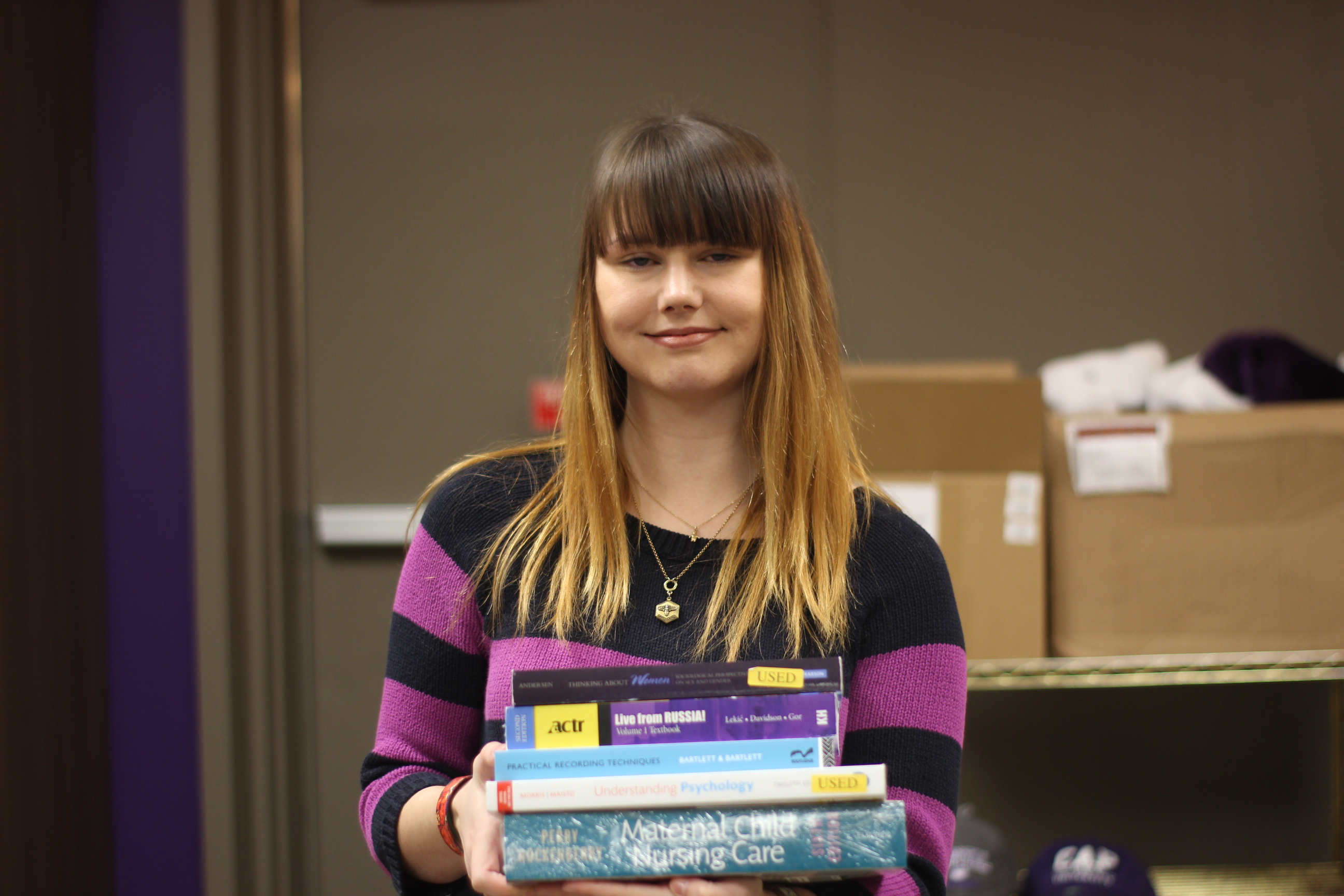Textbooks are expensive.
As classes start back up, everyone has been scouring the internet in hopes of finding the cheapest options for their books. But where is the best place to purchase from?
Professors often require specific editions for their classes, so this makes the shopping process even more important. Publication houses tend to release new editions almost every other year, and this causes previous editions to become rarer and more expensive due to a lack of normal circulation.

Fear not, dear reader, for I have some insight into making the best decision for future purchases.
While Capital’s bookstore might be the first place to turn to for some students, there are more alternatives out there when considering a purchase.
From Amazon to Chegg and even ThriftBooks, there are several places that provide textbooks. What’s the most popular of those choices?
The Chimes conducted a poll to find out where students liked to get their textbooks from.
Out of those 13 responses, 46.2 percent got their textbooks from Amazon, which made it the highest percentage compared to the rest. Among the lowest percents was Barnes & Noble/Capital’s Bookstore, pulling in only 7.7 percent.
Despite a low percentage, Capital’s bookstore isn’t entirely bad. The location is convenient and you don’t have to wait days to get your textbooks in the mail; you go in, find that certain textbook, and make the purchase.
There are, of course, some flaws.
If you’ve ever shopped at Capital’s bookstore, then you know that their prices can be a rather steep. Take for example a textbook called Film: An Introduction. The bookstore is charging $84 to buy a used version that has some wear and tear. As of right now, a completely new copy of that same textbook can be found on Amazon for as low as $59.
Another flaw with the bookstore is that what you see on the shelf is what you get. Even though they have pricing info for all conditions, if they only have used copies on the shelf, then that’s all they have available for you at the time.

Amazon, on the other hand, has a wide array of books in various conditions and prices depending on how much money you are willing to part with. Granted, many textbooks are sold through third-party sellers, so you might find yourself having to pay a few extra dollars for shipping if the purchase isn’t fulfilled by Amazon Prime.
Also, the best advice that everyone should know before making an online purchase is to always read and understand the seller’s terms and other info.
Make sure they’re reliable by checking their rating and see when you should expect the book to arrive in the mail. Sometimes it can take sellers weeks to get their goods to you, depending on their stock and location.
As a final note, never make a blind purchase, especially in regard to textbooks. If you’re not careful, you can end up laying down nearly $200 for a book that can be found elsewhere for under $100. Take advantage of the fact that many professors give you time to find textbooks.
Don’t rush yourself, you’ll only end up with buyer’s remorse.


